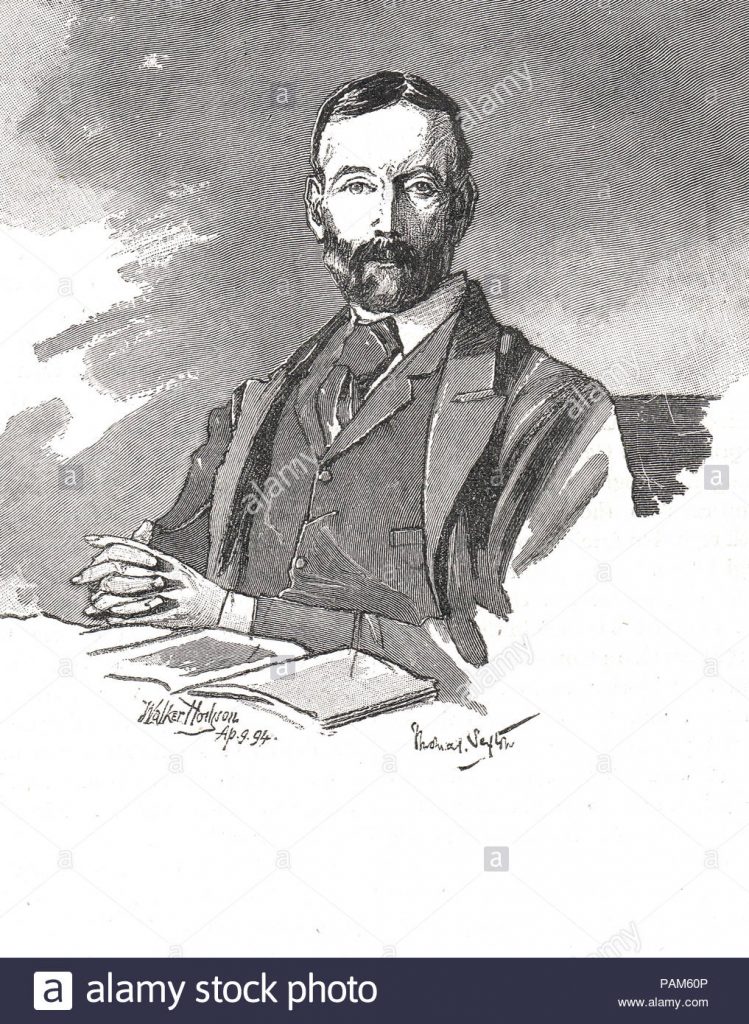Thomas Sexton – family origins in Waterford
Thomas Sexton (1848–1932) was an Irish journalist, financial expert, nationalist politician and Member of Parliament (MP) in the House of Commons of the United Kingdom of Great Britain and Ireland from 1880 to 1896, representing four different constituencies.[1] He was Lord Mayor of Dublin 1888–1889.[2]

Early life
He was born at Ballygannon, County Waterford, where he attended the local CBS school. He became a leader-writer on The Nation newspaper and a member of the Parnellite Irish Parliamentary Party.[2]
Career
He was first elected MP for County Sligo in the 1880 general election, for South Sligo in the 1885 general election, then for Belfast West in the 1886 election and for North Kerry in the 1892 election. He was a cosignator of the No Rent Manifesto issued in 1881. He was regarded as one of the finest orators of the Irish Party, but handicapped by a querulous temperament.[1] Following the party split over Parnell’s leadership, he sided with John Dillon‘s anti-Parnellite faction, then in 1896 retired from parliamentary politics, disgusted at the bitter factionalism following the failure of the second Home Rule bill.[1][3]
Sexton was a member of the Committee, chaired by Hugh Childers, to enquire into the financial relations between Great Britain and Ireland. In the report of the committee, published in 1896, he wrote a minority report showing that the tax burden on Ireland had been steadily increased throughout the nineteenth century, at the same time as its people were steadily impoverished.[4]
He was hostile to the Irish Land Acts (1903) on financial grounds, and regarded by William O’Brien as one of the principal players involved in his subsequent marginalisations from the Irish Party.[1] Sexton continued to be a leading ally of Dillon as Chairman of the board of the Freeman’s Journal from 1893 to 1911;[1]however, his policy of cutting investments to maintain dividends led to the demise of the paper through William Martin Murphy‘s Irish Independent.[1]
Later life
After retiring from the Freeman’s Journal he became Chairman of Boland’s Mill, and during World War I denounced wartime taxation and in 1918 endorsed Sinn Féin.[1] At the end of his career he supported Fianna Fáil because it promised tariff protection for flour-milling.[1]
| Parliament of the United Kingdom | ||
|---|---|---|
| Preceded by Denis Maurice O’Conor and Edward King-Harman | Member of Parliament for County Sligo 1880 – 1885 With: Denis Maurice O’Conor, to 1883 Nicholas Lynch, from 1883 | Constituency divided |
| New constituency | Member of Parliament for South Sligo 1885 – 1886 | Succeeded by Edward Joseph Kennedy |
| Preceded by James Horner Haslett | Member of Parliament for Belfast West 1886 – 1892 | Succeeded by H. O. Arnold-Forster |
| Preceded by John Stack | Member of Parliament for North Kerry 1892 – 1896 | Succeeded by Michael Joseph Flavin |
| Civic offices | ||
| Preceded by Timothy Daniel Sullivan | Lord Mayor of Dublin 1888–1889 | Succeeded by Edward Joseph Kennedy |